by Dr. David Sanders
As students of Kabbalah we strive to become adept at “taking” things out of context. Mastery of metaphor, seeing the parallels between the abstract and the concrete underlies our spiritual awareness. Notice that the phrase “taking things out of context” is already using metaphoric language because “taking” though related to objects is metaphorically used as in connection with words as in “taking offense” at something said.
In our common speak the word context refers to understanding the background or circumstance that underlies an event or statement. Understanding the context can shift our perception, clarify what is meant.
When it is said that a statement is taken “out of context” we surmise that the intention of the words is misunderstood. The following statements by Sheik Said Ismahilov are taken out of context to demonstrate that even taking words out of context is mercurial—sometimes it clarifies rather than obscures meaning.
“They are committing sins and have come as murderers and occupiers, without any justification. Allah did not give them that right. They will answer for all this before God. We pray that our Muslim compatriots will be safe, that our families will be reunited, that the slain Muslims will go to heaven, and that all the Muslim soldiers will be accepted as shahids (martyrs) by Allah.” Ismahilov added that he would pray for victory and the liberation of the occupied territories.
Sheik Ismahilov is a Muslim spiritual leader of Ukraine and the occupier he speaks about is Russia. The quotes are from July 2022.
There is context to the conflict in Gaza which is illuminated by taking the words of this Muslim cleric out of context. If for Muslims the battle over the soil in Ukraine is a holy war, ordained by God, the battle for land from the “river to the sea,” is the holiest of all holy wars.
There was a time in human history where land was not mine or yours. If you were an early hominid you landed in a particular place and stayed for a while. Laying claim to a land, owning it would have been as absurd a notion 10,000 years ago as it was articulated by the great Native American leader Chief Seattle in 1854.
“This we know: the earth does not belong to man, man belongs to the earth. All things are connected like the blood that unites us all. Man did not weave the web of life, he is merely a strand in it. Whatever he does to the web, he does to himself.”
While this famous quote is actually misattributed to Chief Seattle, it was adapted from a speech he gave bemoaning the genocide of his people and denouncing the occupation of Native soil. Chief Seattle stated that the colonizers believed that “God loves your people and hates mine! He folds his strong protecting arms lovingly about the paleface.” (complete rendition of this speech )
Context is important to understand what is the motivation behind territorial conflicts. Neighbors have become ugly with each other over defining the boundaries of properties. Countries have fought over land without any need to justify it as a holy war. These disputes are often recalcitrant but can hopefully find a resolution.
When God is woven in as the reason to fight for land (and rewarding those who sacrifice their lives as martyrs) it is important to bring to awareness the powerful vision attributed to Chief Seattle. When people or nations have territorial disputes and contextualize their claim to a land because they are favored by God, a peaceful resolution is made impossible. It is no longer just a dispute about land, it is a battle for who is God’s chosen people. The land is just a proof of that special relationship.
In the biblical story of Cain murdering Abel, God rebukes Cain’s attempt to hide his violent act with a rebuke: “The blood of your brother cries out from the earth.” Cain’s punishment was to be a nomad, forfeiting his claim to establish himself on any land, to have a place to call home. Had Cain seen his brother as bonded to him in blood he would not have spilled it. We merit the “land” said the Kabbalist, Rabbi Abraham Isaac Kook, when we weave a web of humanhood based on brotherly and sisterly love and not on the context of being favored by God.
Rabbi Kook, the first Chief Rabbi of Palestine (so called by the British) is found in a letter he wrote in 1908: “The love for people must be alive in heart and soul, a love for all people and a love for all nations, expressed in a desire for their spiritual and material advancement; Experiencing the deep, inner love stirring one to a solicitousness for all nations, to improve their material state, to promote their happiness qualifies the Jewish people to experience the spirit of the Messiah.”

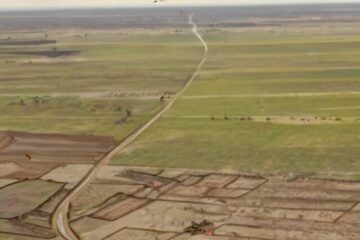
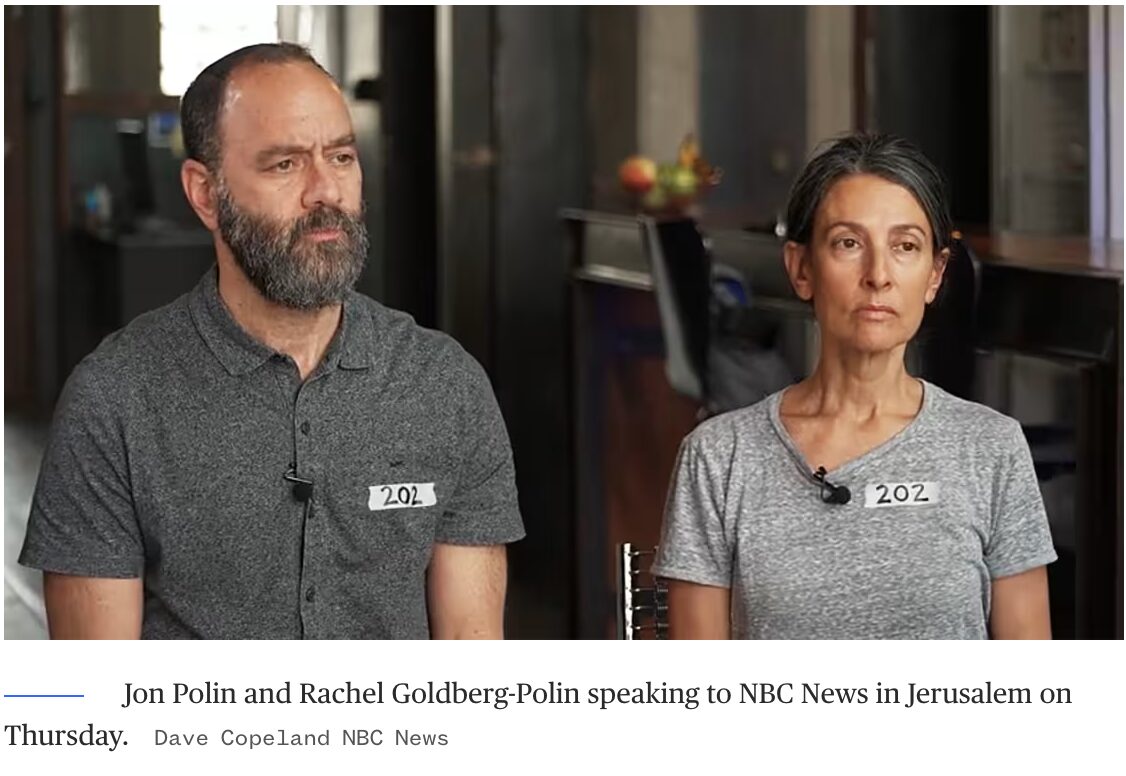
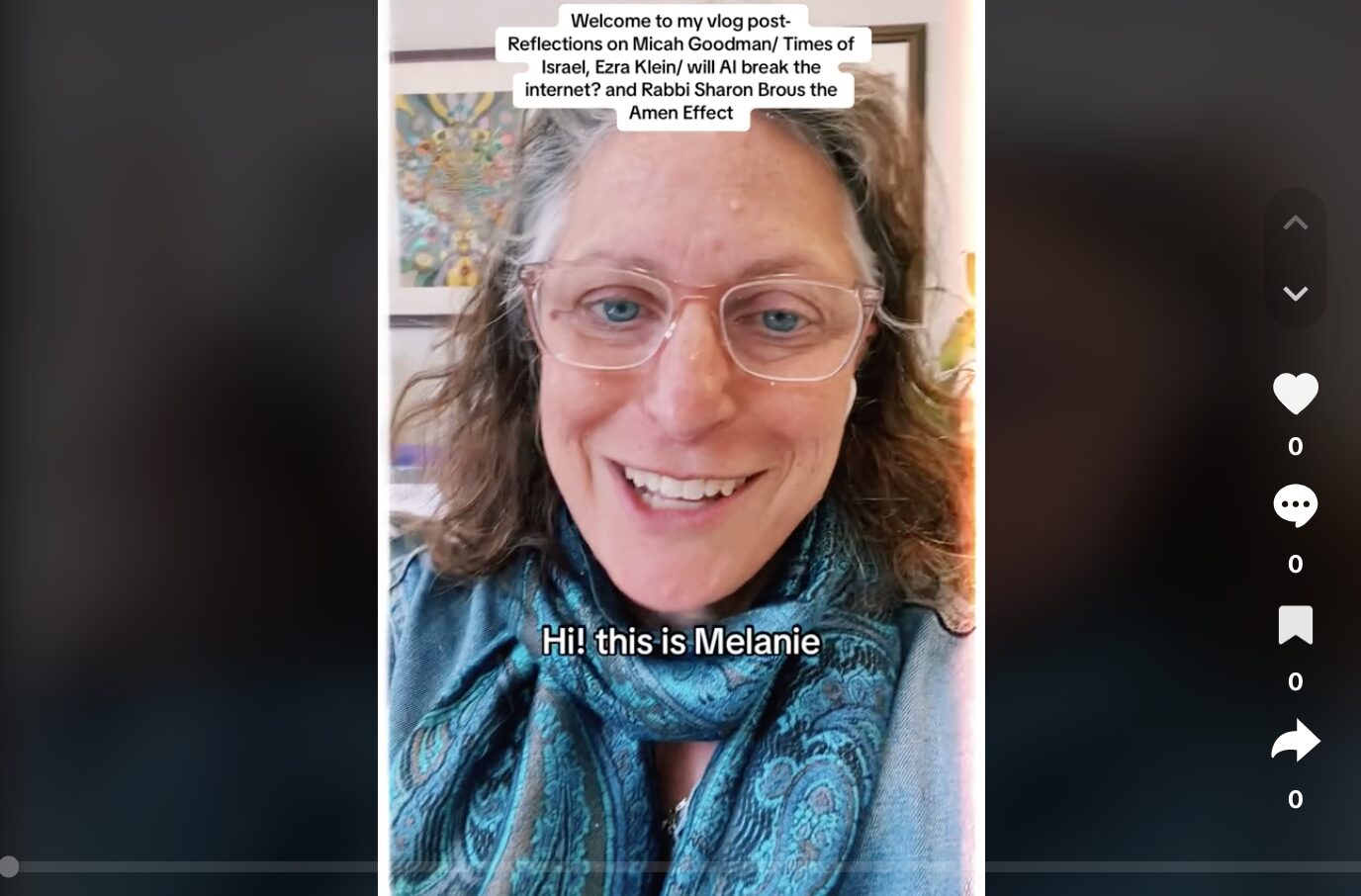


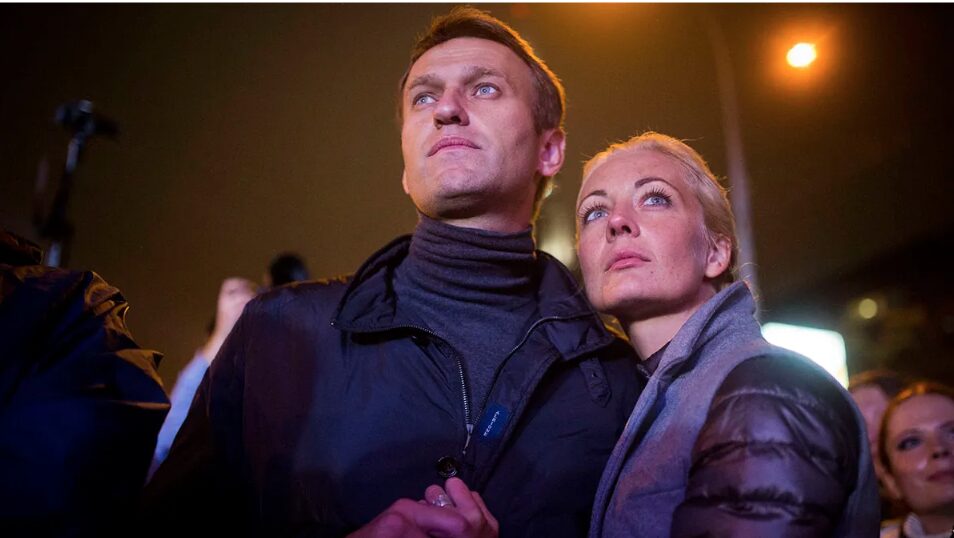


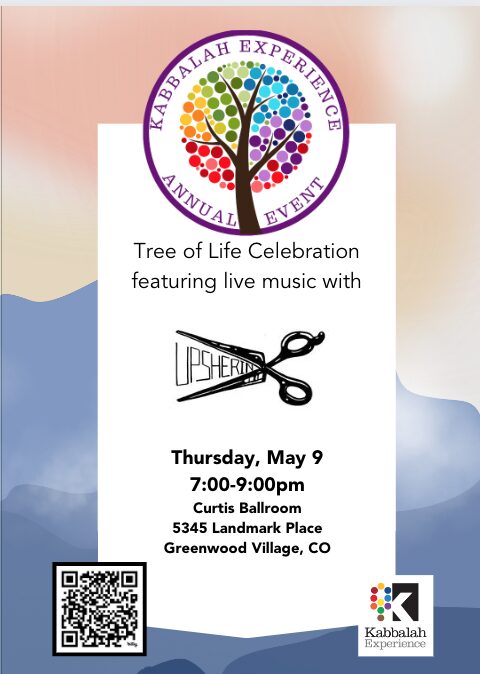
2 Comments
Robyn · January 11, 2024 at 5:23 pm
Netanyahu referred to Amalek in reference to Gaza ( does that relate to complete destruction?)
Michael · January 12, 2024 at 10:56 am
When the UN voted the modern state of Israel in existence, a British government minister at the time noted that there were “Irreconcilable differences” between the area Arabs and the Jews. The Jews wanted a Jewish state and the Arabs didn’t want there to be a Jewish state in what was then called Palestine. It’s as simple as that. And it remains the same intractable issue today. As long as the area Arabs/Palestinians don’t want a Jewish state there, and as long as a Jewish state exists, no land deal, no compromise, no brokering of long-term peace is possible, because that is not the core issue. It’s depressing to realize the extent of the stalemate, but the sooner we do, the sooner we can be realistic about what is and isn’t possible.